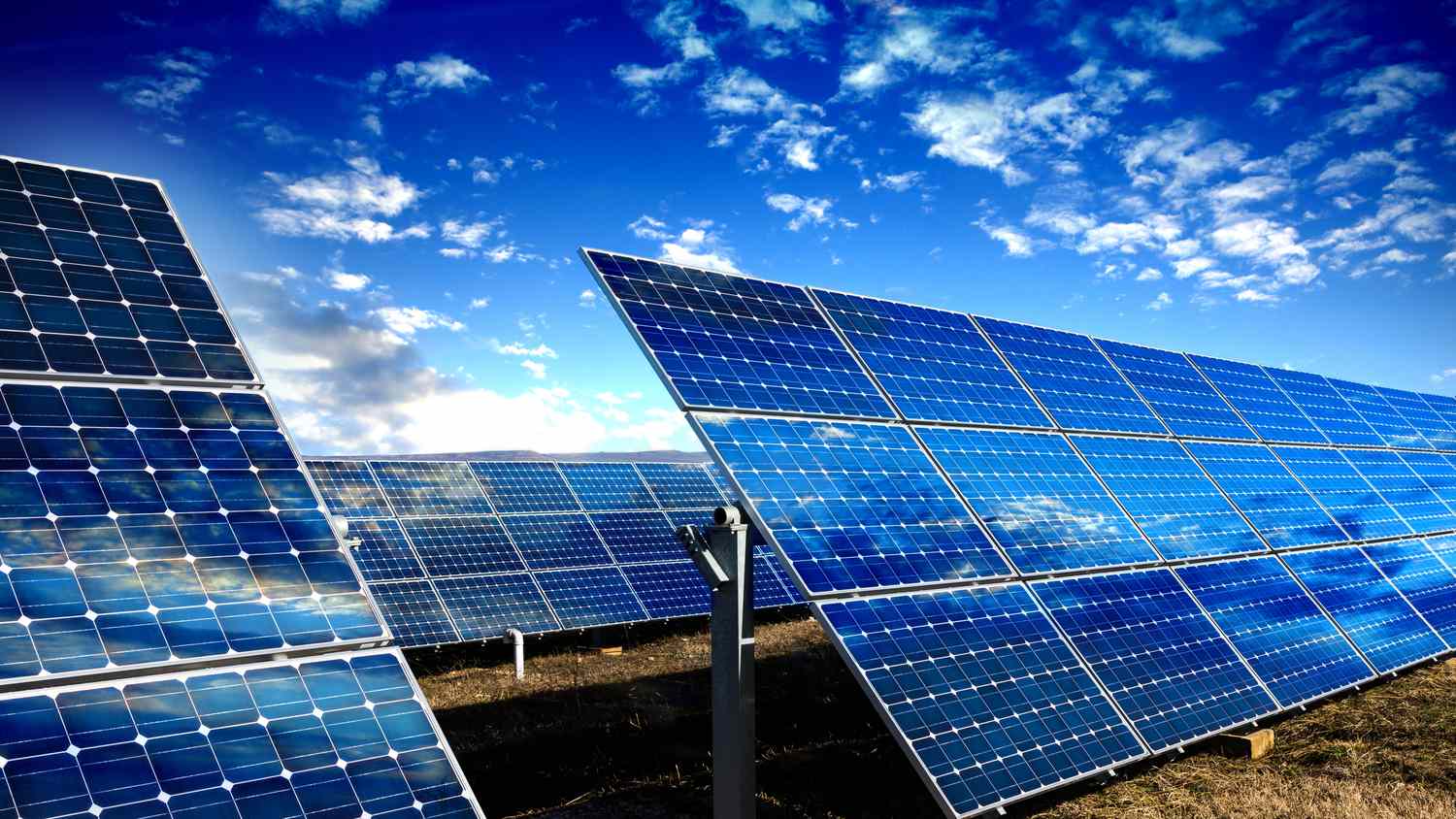The report highlights that approximately 90% of clean energy spending originates from advanced economies and China, underscoring the significant gap between wealthy and poorer nations.
IEA Executive Director Fatih Birol commented on the rapid progress of clean energy, stating, "Clean energy is moving fast – faster than many people realize." Birol revealed that for every dollar invested in fossil fuels, approximately $1.7 is now being allocated to clean energy, reflecting a substantial shift from the one-to-one ratio observed five years ago.
The report estimates that approximately $2.8 trillion will be invested in energy worldwide in 2023, with over $1.7 trillion expected to be allocated to renewables, nuclear power, electric vehicles, and efficiency improvements. The remaining $1 trillion will be dedicated to oil, gas, and coal. Notably, demand for coal is projected to reach an all-time high, six times the level required in 2030 to achieve net-zero emissions by 2050.
Solar power investment in 2023 is forecasted to exceed $1 billion per day or a total of $382 billion for the year, surpassing the $371 billion investment in oil production. "This crowns solar as a true energy superpower. It is emerging as the biggest tool we have for rapid decarbonization of the entire economy," remarked Dave Jones, the head of data insights at energy think tank Ember.
Interestingly, Jones also noted the irony that some of the sunniest regions in the world have the lowest levels of solar investment.
While the IEA did not explicitly reiterate its previous call to cease funding new oil, gas, and coal supply projects, it emphasized that current fossil fuel spending exceeds what is necessary to achieve the goal of net zero by 2050. The Organization of the Petroleum Exporting Countries (OPEC) has criticized the IEA's stance, claiming that such calls undermine global energy security and economic growth. In contrast, scientists and climate activists have consistently warned about the detrimental effects of the fossil fuel industry on climate change.
Source: Reuters

